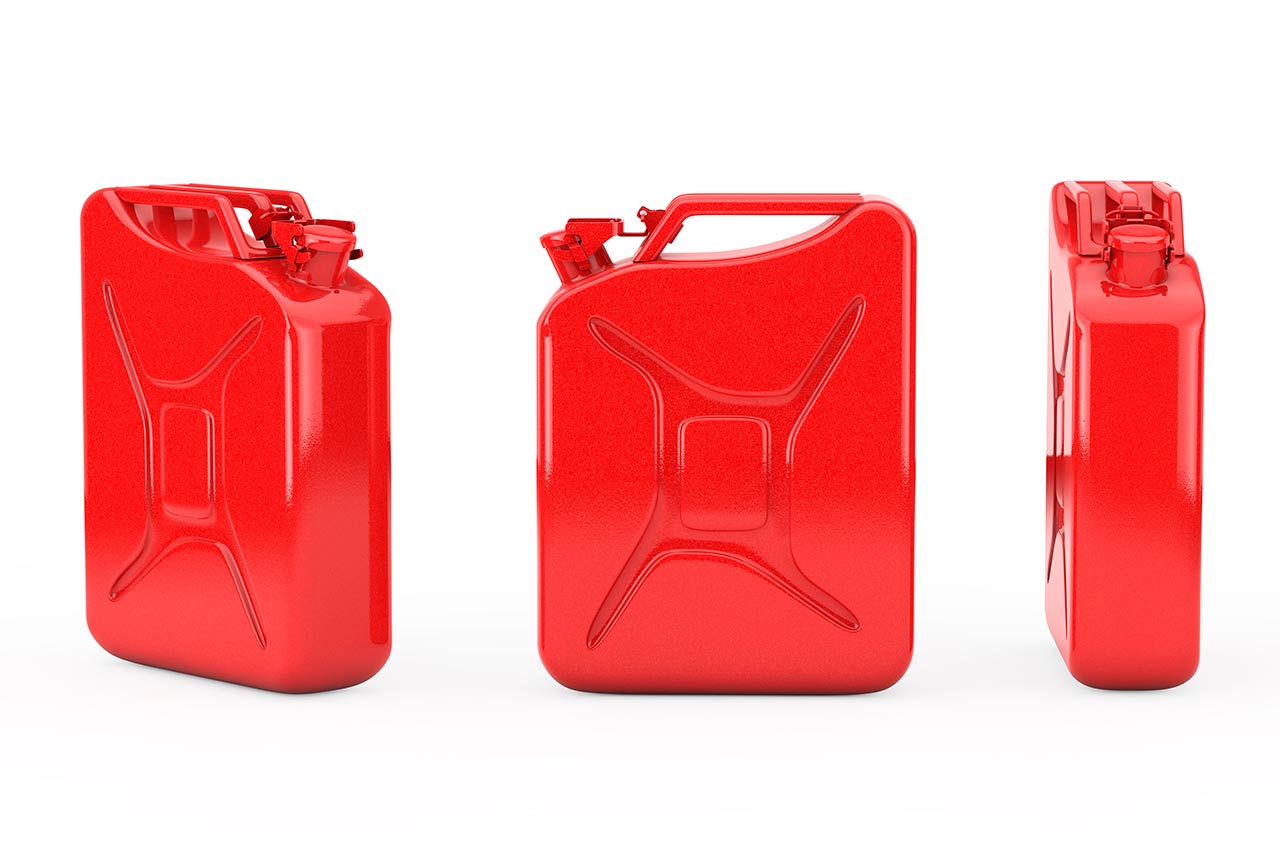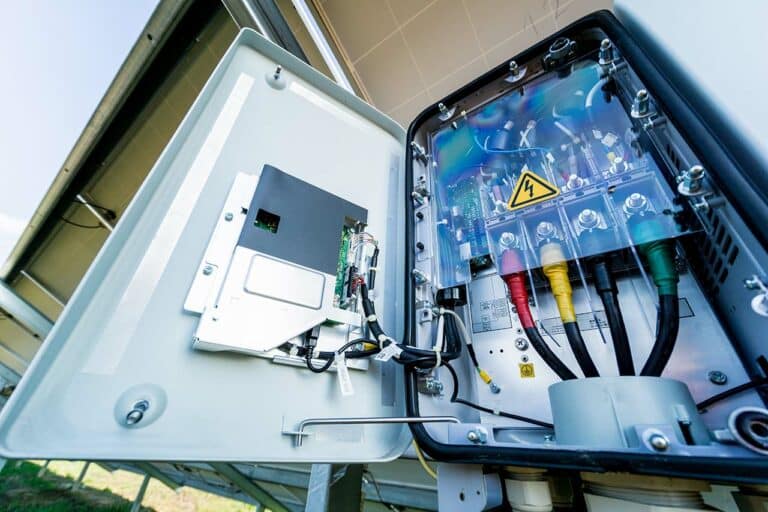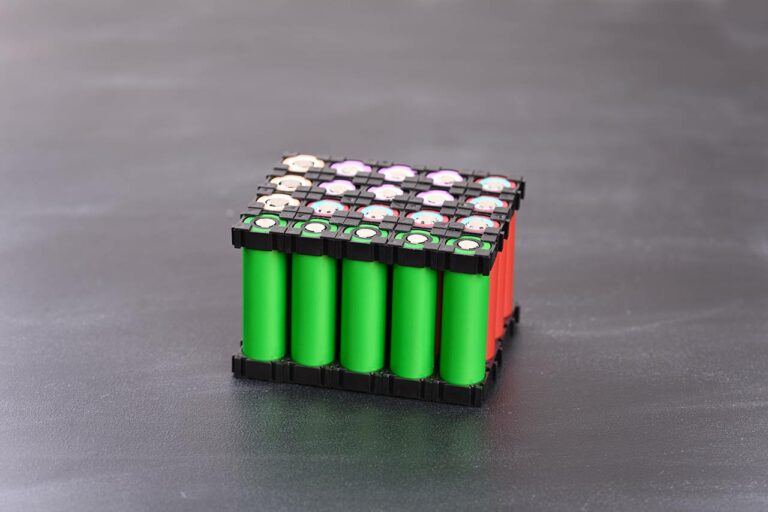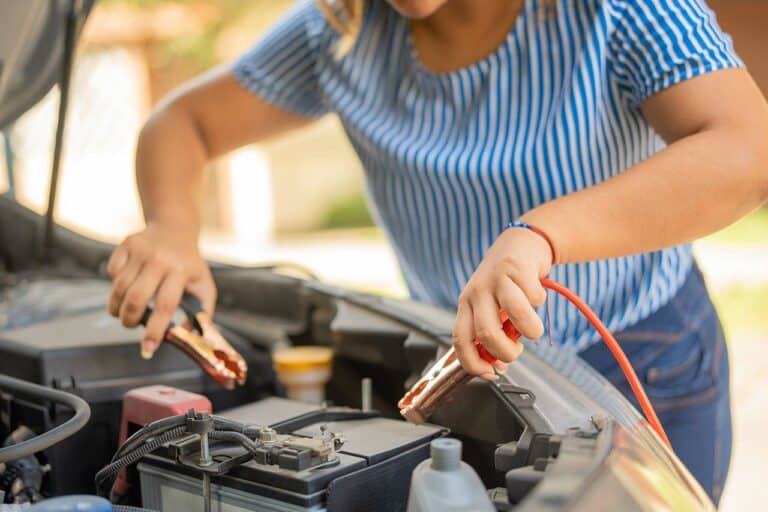How Long Can Gasoline Be Stored? (Safe Storage Guidelines)
When it comes to storing gasoline, knowing how long it lasts is important for both safety and efficiency reasons. Gasoline naturally degrades over time due to oxidation and evaporation, which can ultimately affect its combustibility. But don’t worry; with proper storage, you can ensure your gasoline remains viable for a good amount of time.
Typically, gasoline can last anywhere from 3 to 6 months when stored correctly. This is according to the U.S. Department of Energy, which suggests that, under ideal conditions, gasoline may have a maximum shelf life of up to six months. While it may be possible to store gasoline longer, if it’s stored properly and kept free of contaminants, we’ll stick with the U.S. Department of Energy guidelines to ensure stored gasoline remains safe and functional.
Fundamentals of Gasoline Storage
Proper gasoline storage involves using airtight containers and keeping them out of direct sunlight. Factors such as the type of gasoline, the container it’s stored in, and whether a stabilizer is used can also impact the shelf life of your stored gasoline. Here’s a breakdown of the fundamentals of storage:
Chemical Composition of Gasoline
Gasoline is a complex mixture of hydrocarbons that can vary in composition, but it generally contains over 150 individual compounds. It’s made from crude oil through a refining process, and its specific mixture determines its performance and efficiency in your engine or generator. When it comes to storing gas, you’ll want to consider the type of gas you have – whether it’s regular gasoline, E10 gas (which contains around 10% ethanol), or pure gasoline (without any added ethanol).
Gasoline Shelf Life
The shelf life of gasoline depends on several factors, including the type of gasoline, storage conditions, and the presence or absence of contaminants. Regular gasoline has a typical shelf life of 1-2 months but can last up to 3 to 6 months when properly stored. E10 gas, with its ethanol content, is known to degrade faster than pure gasoline due to its affinity for water. This means that E10 gas may last slightly shorter, around 3 months, when stored correctly.
To extend the life of your gasoline, considering the following storage tips:
- Use an airtight metal container or, as a secondary option, a specialized plastic gas container.
- Keep the container out of direct sunlight and temperature extremes.
- Store it in a cool, dry place away from sources of heat, sparks, or flame.
- Add a fuel stabilizer to help maintain its integrity and performance for a longer time.
Remember, even with these precautions, gasoline will slowly degrade, and its efficiency will decrease over time. Eventually, it may reach a point where it could harm your engine or generator. So, it’s essential to use and refresh your stored gasoline periodically to keep it in optimal condition.
Gasoline Storage Containers
Approved Gas Containers
When it comes to storing gasoline, it’s crucial to use approved gas containers. These containers meet specific requirements and are designed to keep your gasoline safe and uncontaminated. Look for labels or markings that indicate the container is certified for gasoline storage. An approved gas container should be:
- Airtight: This prevents any volatile compounds from evaporating or reacting with the air.
- Light-proof: Sunlight can cause oxidation and degrade the gasoline.
- Made of suitable materials: The right materials resist deterioration and do not react with gasoline.
Plastic vs Metal Containers
There are two main types of gasoline storage containers — plastic gas cans and metal containers. Both have their pros and cons.
Plastic gas cans typically are more affordable and lighter in weight. They are designed to be durable, but may not last as long as their metal counterparts. Plastic cans can also degrade over time with exposure to sunlight and extreme temperatures.
Metal containers are heavier and usually more expensive, but they have several advantages:
- Long-lasting: Metal containers have a longer lifespan than plastic gas cans.
- Less permeable: Gasoline won’t seep through as easily, keeping your fuel safer.
Storing Gasoline Safely
Location Considerations
When you want to store gasoline safely, it’s essential to choose the right location. A garage or shed is suitable, but always avoid storing gas inside your home, even in little-used basements or cellars. Make sure the storage area is cool, dry, and well-ventilated to minimize the risk of fumes accumulating. Keep gasoline away from heat sources to prevent the chances of fire or explosion.
Don’t forget to check local fire codes and regulations regarding fuel storage.
Use of Fuel Stabilizers
To extend the life of the stored gasoline, consider using fuel stabilizers. These additives help prevent deterioration and oxidation, allowing your gasoline to last for longer. Adding a fuel stabilizer to your gasoline helps maintain its quality, making it more stable and safer to keep for extended periods of time. While the length of time gas with a fuel stabilizer can be stored varies, under perfect conditions, a fuel stabilizer can at least double the storage length of gas to one year.
That said, safety is crucial when it comes to storing gasoline. So, instead of trying to store gas longer, it’s a smarter choice to use gas within six months and replace it as needed.
The Effects of Heat and Direct Sunlight
When it comes to storing gasoline, heat and direct sunlight are two factors you should avoid. They can lead to faster breakdown of gasoline, making it less effective when you need it most.
Heat causes gasoline to expand; when storing gas in airtight containers, it can cause them to become overfilled and even leak. So, always make sure you’re storing gasoline in a cool, dark place with proper ventilation.
Direct sunlight can also be harmful to gasoline. It leads to an increase in temperature, causing the lighter fractions of gasoline to evaporate faster. This, in turn, degrades the quality of gasoline over time. To prevent this from happening, keep your gas containers away from direct sunlight.
The Impact of Moisture and Contamination
When it comes to storing gasoline, moisture and contamination can also be enemies. Moisture can sneak in through condensation in storage containers or exposure to humid air. This unwanted water in your gasoline can lead to a host of problems, such as:
- Separation of ethanol and other components in the fuel
- Lower energy efficiency, making your engine or generator work harder
- Formation of gum deposits and other residues in the fuel system
- Corrosion of metal components in fuel containers and engines
Contamination is another pesky issue when storing gasoline. It includes dirt, dust, or other debris getting mixed in with the fuel, as well as potential chemical reactions with container materials. This can cause:
- Clogged fuel filters, slowing down the flow of gasoline to the engine
- Wear and tear on engine components, reducing performance and lifespan
- Combustibility issues, leading to poor ignition and reduced overall efficiency
To minimize the risks of moisture and contamination in stored gas, follow these helpful tips:
- Store gasoline in an approved, airtight container, avoiding cheap or flimsy ones
- Keep the container in a cool, dry place away from direct sunlight and temperature fluctuations
- Avoid storing gasoline in areas with high humidity, reducing the chances of condensation forming
- Never mix older gasoline with fresh gasoline to avoid cross-contamination
- Periodically inspect your storage container and fuel for signs of moisture, corrosion, or contamination, and take immediate action if you spot any issues
Storing Diesel
Diesel has different storage requirements than gasoline. Diesel fuel also has a longer shelf life, typically lasting up to 1-2 years when stored correctly.
To maintain its quality, store diesel in a cool, dark place away from heat and light in an approved container just like gasoline.
Diesel fuel can also benefit from the use of stabilizers to prevent growth of microorganisms and oxidation.
Safe and Effective Gasoline Storage for Emergencies
Storing gasoline safely and effectively is of paramount importance, especially in situations where we depend on it for crucial operations like powering generators or emergency vehicles.
While gasoline is a potent fuel, it’s also volatile and sensitive to external factors like heat, moisture, and contamination. The key to maximizing gasoline’s shelf life lies in understanding its chemical nature, employing approved storage methods, and regularly inspecting for any signs of degradation.
Whether it’s gasoline or diesel, with proper care, we can ensure that our stored fuel remains ready to power our needs whenever called upon.







